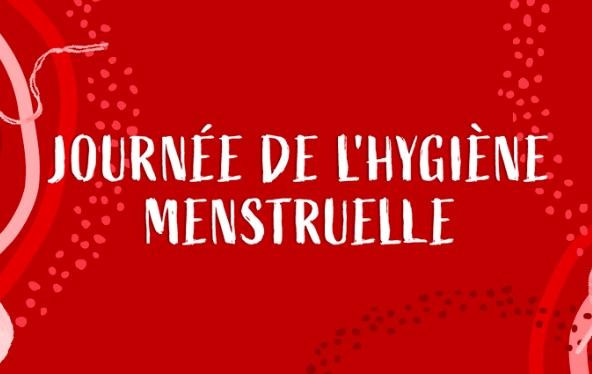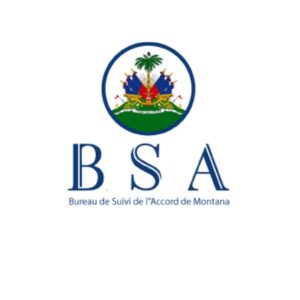Free periodic protection, awareness campaigns, construction of adapted toilets: in ten years, some progress has been observed regarding menstrual hygiene but there is still much to do, specialists point out.
A quick overview on the eve of the tenth edition of the day devoted, every May 28, to this question:
What is it about ?
Menstrual hygiene refers to the ability to manage your cycle in a dignified and healthy manner. But these health and hygiene needs are far from always being met, underlines UNFPA, the UN agency responsible for sexual and reproductive health.
An international day dedicated to this subject was established in 2014. It takes place on May 28; with menstrual cycles averaging 28 days and periods lasting about five days per month (May is the fifth month of the year).
What is the state of affairs?
For international organizations and NGOs, menstrual hygiene depends on several factors: products “safe, acceptable and reliable”privacy to change protections, sanitary facilities to wash safely and while preserving your privacy, information allowing you to make informed choices.
However, according to a survey published in 2023 by the NGO Plan International, one in 4 menstruating women in the world does not have access to the necessary products and equipment.
At issue: persistent gender inequalities in particular, discriminatory social norms or even cultural taboos.
“The period taboo is the most widespread sexist discrimination in the world, it is found in France as well as in Somalia and Vanuatu”underlines Marina Ogier, from the NGO CARE France.
What consequences?
For the UN, poor health and poor menstrual hygiene “violate fundamental rights, including the right to work and go to school”.
“Shame, social exclusion, girls dropping out of school at puberty, menstrual insecurity which puts their lives in danger…All of this locks women into a situation of violence and poverty”pleaded Marina Ogier.
UNESCO estimates that in sub-Saharan Africa, one in 10 girls misses school during their menstrual cycle, which represents 20% of school time lost over a year.
In terms of health, the consequences are just as disastrous. Lacking access to periodic protection, women find themselves using old newspapers, dried mud or rags as substitutes.
“Relying on unhygienic materials can not only be uncomfortable, but also lead to infections, especially when access to clean water is limited for washing and disposing of used sanitary products properly”alerte Plan International.
What progress?
In ten years, however, progress has been observed. Awareness campaigns have been carried out in many countries to try to remove the taboo sometimes associated with this issue.
And calls to reduce or eliminate taxes on menstrual products or their components are gaining ground, as is the question of their reimbursement.
In France, the 2024 Social Security budget thus provides for the reimbursement of reusable menstrual protection (pants and cups) for insured persons under 26 years of age, as well as for beneficiaries of complementary solidarity health insurance (C2S) with no age limit. .
Long a topic of discussion in the field of sport, the question of rules has become a little less taboo in recent years. Several international athletes have spoken openly on this subject, both to discuss the issue of performance and that of mental and physical well-being.
What challenges?
But many challenges persist, first and foremost the crucial issue of access to water, sanitation services and infrastructure which is still struggling in many countries.
And despite the actions carried out by associations, homeless women, like migrant women, continue to be hit hard by this menstrual insecurity.
During their migratory journey, “the simple fact of being able to isolate yourself in a toilet when a woman is menstruating proves impossible, due to lack of facilities, and even dangerous if toilets are ever accessible”SOS Méditerranée was still alarmed last March.









